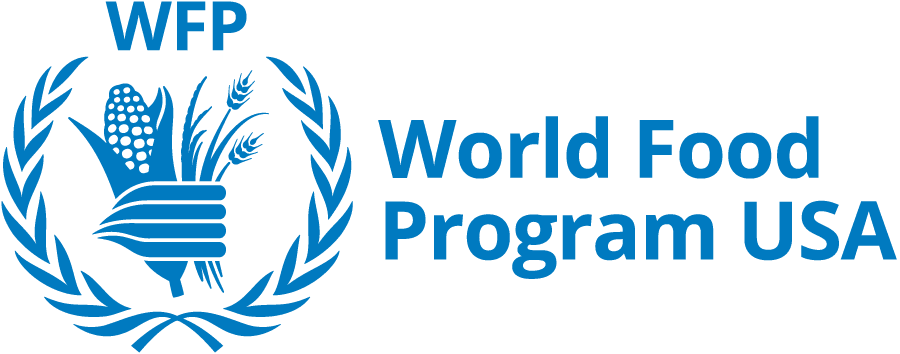Women Suffer Most
The political stability that Côte d’Ivoire has experienced since 2012 has led to a strong economic growth. In 2016, the country adopted a new National Development Plan (NDP), designed to transform Côte d’Ivoire into a middle-income economy by 2020 and accelerate human capital development and social well-being. But development has not been inclusive and deep inequalities persist. Half of the population is living below the national poverty line and gender inequality rates remain one of the highest.
And despite great strides, malnutrition and food insecurity remain a challenge with significant regional disparities. Rural communities, notably in western and northern Côte d’Ivoire, are disproportionally more affected and vulnerable.
The country’s Global Hunger Index of 25.9 in 2018 is still classified as “serious” and suffers from the triple burden of malnutrition, represented by high micronutrient deficiencies, undernutrition and over-nutrition which is gaining ground, affecting more and more the adult women population.
You can make a difference. By understanding issues, learning how to civically engage, and joining the movement to end global hunger for good.

Food insecurity affects more women-headed households and agricultural households, whose productivity and production are hampered by recurrent climate shocks; high post-harvest losses (as high as 40 percent); accelerated land and environmental degradation; poor agricultural practices; and limited access to quality inputs, land, equipment, technologies, credit and markets. The limited support for food crop production compared with the cash crop sector also continues to have a negative impact on the productivity of smallholder farmers who cultivate 84 percent of the arable land. Other underlying causes of these challenges include poverty, low education and literacy rates, poor dietary diversity, lack of awareness of good nutrition, health and hygiene practices, prevalence of highly infectious diseases and gender inequalities.
These figures highlight that there is a vast untapped potential for further accelerated economic growth, as well as the challenges that lie ahead to make growth truly inclusive








